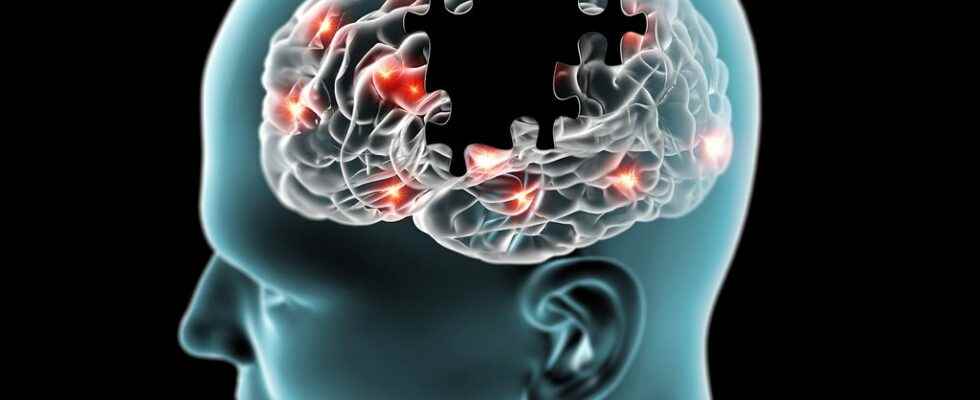Could a younger blood transfusion to an older person counteract and reverse the pre-existing effects of brain aging? American scientists are convinced of this.
Aging leads to cognitive impairment and an increased risk of degenerative disorders such as Alzheimer’s disease. Seeking how to protect the brain from age-related disorders, researchers at the University of Texas tested mice whose blood showed proteins β-amyloid (one of the markers of Alzheimer’s disease) the possibility of “cleaning” the blood of sick mice.
More precisely, the researchers transfused mice genetically modified to suffer from Alzheimer’s disease, normal blood from wild mice with the same genetic background. All of the sick mouse’s blood was exchanged. “After what, the volume of cerebral amyloid plaques in transgenic mice was significantly reduced by 40 to 80%” emphasizes the team of Prof. Akihiko Urayama.
The exact mechanism by which blood exchange reduces the presence of amyloid plaques and improves memory is not yet known. The researchers believe they have an interesting line of research for the treatment of Alzheimer’s disease.
Plasma transfusions able to improve memory
The trail of blood transfusions to combat the negative effects of aging on the brain is not entirely new. Already in 2014, researchers from Harvard and Stanford Universities presented a similar experiment with equally positive results.
The researchers then injected mice aged over 18 months (the life expectancy of this rodent is 2 years) with plasma from mice aged 3 months and 18 months for 24 days. The scientists then subjected the control rodents to cognitive performance tests. “The results of the study reveal that the transfused rodents saw their memory and their ability to learn improve,” explained Dr. Villeda from the Department of Neurology at Stanford University.
“Our data demonstrate that the injection of young blood counteracts the aging at the molecular, structural, functional and cognitive level of the hippocampus” he added. An essential discovery because the hippocampus is largely involved in spatial and temporary memory and really put to the test with age.
Sources:
Read also :
Subscribe to the Top Santé Newsletter to receive the latest news for free
